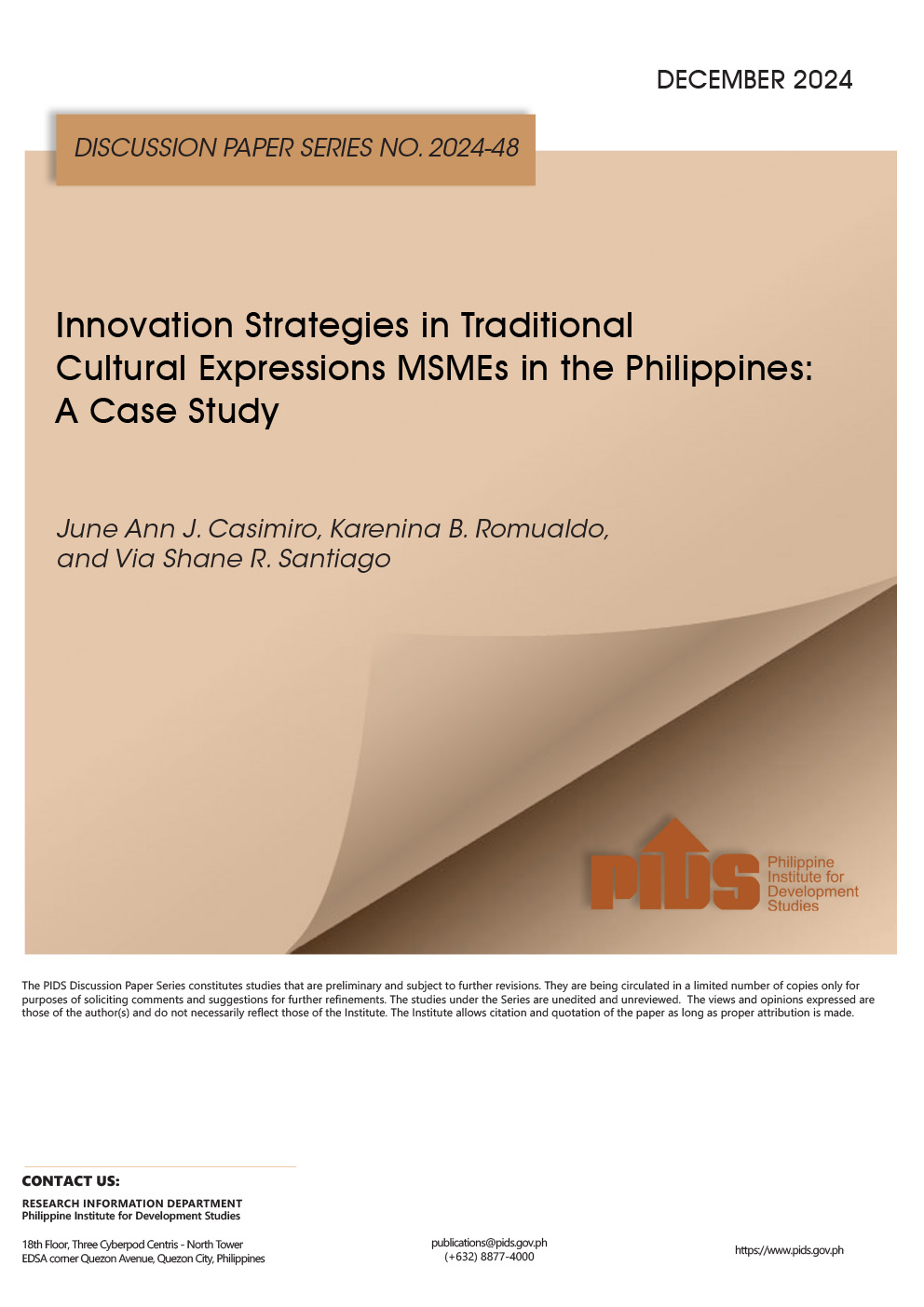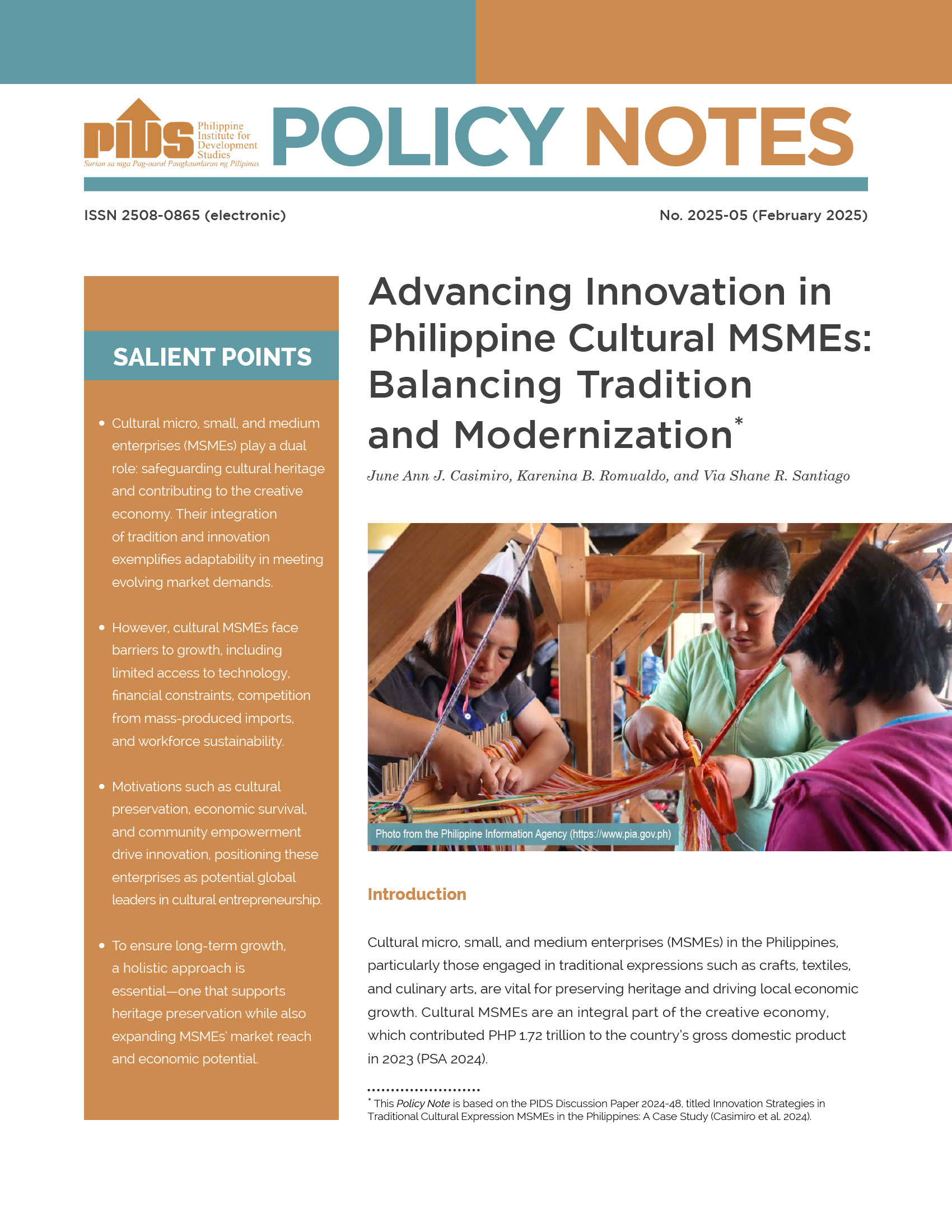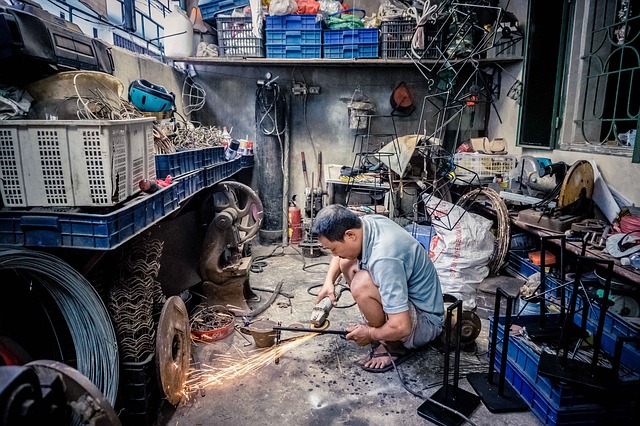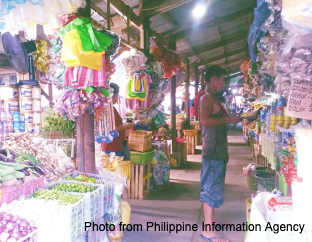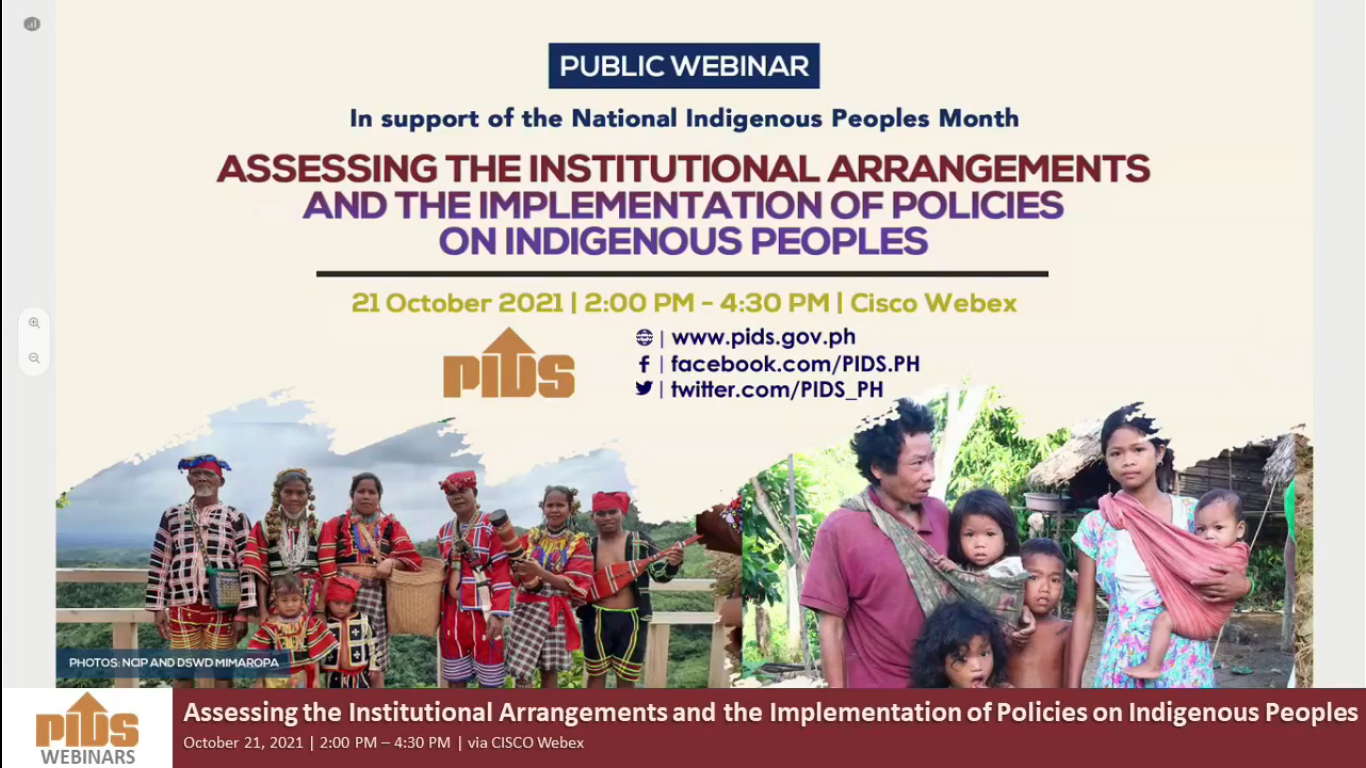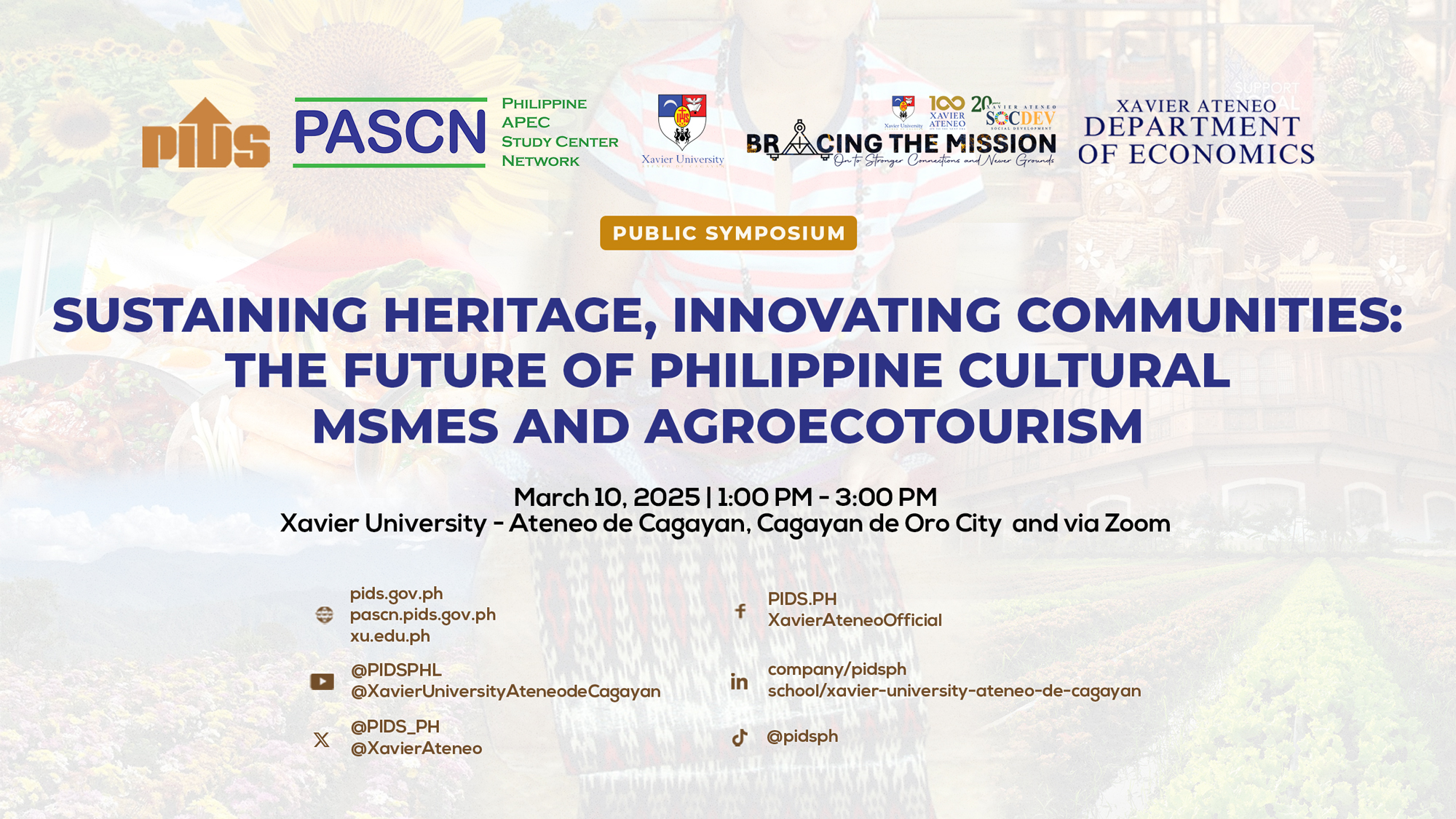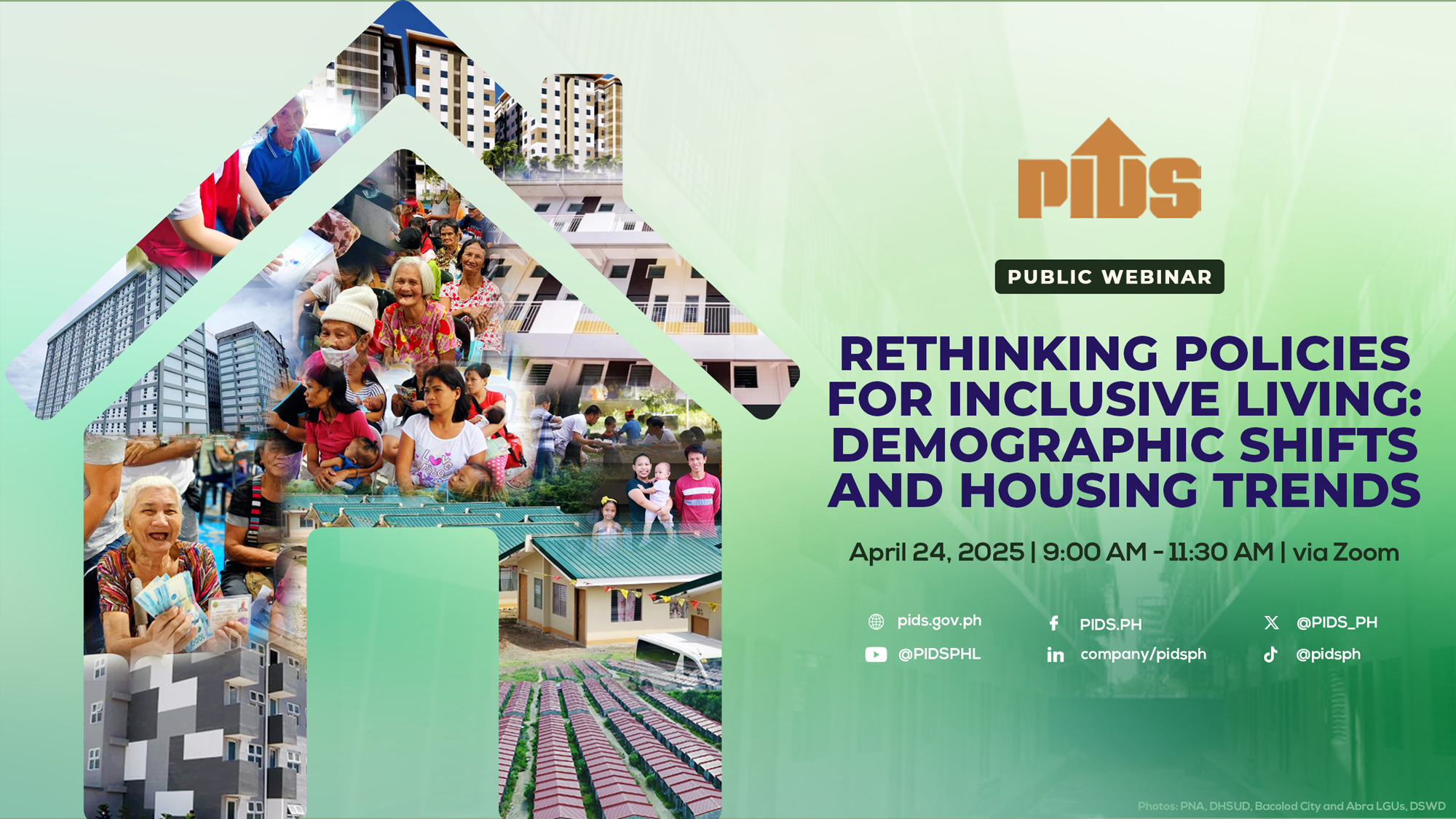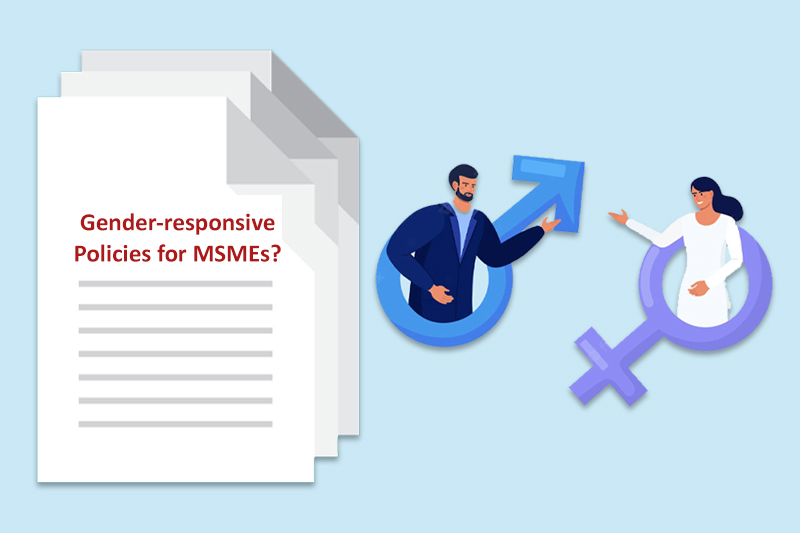
The differentiated impacts of the COVID-19 pandemic on men and women entrepreneurs in the country highlighted the importance of implementing a gendered approach in addressing their needs and achieving the targets of the Sustainable Development Goals on women empowerment and gender equality.
This was according to a recent study by state think tank Philippine Institute for Development Studies (PIDS) authored by De La Salle University School of Economics Lecturer Paul John Mendoza Peña and PIDS Senior Research Fellow Connie Bayudan-Dacuycuy. The study was conducted with support from Investing in Women, an initiative of the Australian government.
Using the gender lens, it assessed the Philippine government’s response to support micro, small and medium enterprises (MSMEs) during the pandemic. The study found that while the government has been quick in crafting policies for MSMEs, gender considerations “were not integrated into the COVID-19 policy response”. This was due to the impacts of the pandemic being universal and disruptive, thus requiring expedient solutions.
“Gender was not a primary consideration in designing policies in response to the pandemic due to the need to roll out support initiatives to keep businesses afloat quickly,” the authors said.
The study also found a lack of appreciation for the specific needs of women and the role that gender plays in economic development.
Moreover, there was no consensus on the standard definition of women entrepreneurship, affecting the ability of agencies to monitor the gendered impacts of their policies and programs. This also poses a problem in identifying the program beneficiaries, gathering sex-disaggregated data, and policymaking.
The study also found that women entrepreneurs faced more care work responsibilities than their men counterparts, highlighting the need for support services for women entrepreneurs.
Given these issues and challenges, the authors recommended strengthening gender-responsive policies for MSMEs in the country.
Regarding policy design, there is a need to harmonize gender and development framework, with definitions of women entrepreneurship “established and accepted by the government, private sector, and supported by the academe”.
For policy implementation, it should be clear how laws address the specific needs of women beneficiaries “especially in disasters or other similar extraordinary situations where some sectors stand to be underrepresented in favor of a perceived general welfare agenda”.
The authors also emphasized the importance of empowering business communities to “augment gaps in the experience of women entrepreneurs and to address their care work responsibilities”.
“As agencies focus on inclusive growth for both men and women for which universal programs are adopted, business communities can capture the nuances of women entrepreneurship and provide them with access to a support system by and for women,” they explained.
Lastly, the study called for the enactment of a national evaluation program to monitor and evaluate the gendered impacts of agencies’ policies, programs, and other initiatives.
It also recommended standardizing key data points on gendered impacts at all levels of the government for a more integrated analysis of policies’ gendered outcomes. ###
This press release is based on the PIDS discussion paper titled “COVID-19 MSMEs Policy Responses in the Philippines: How Goes the Gendered Quest?”.

